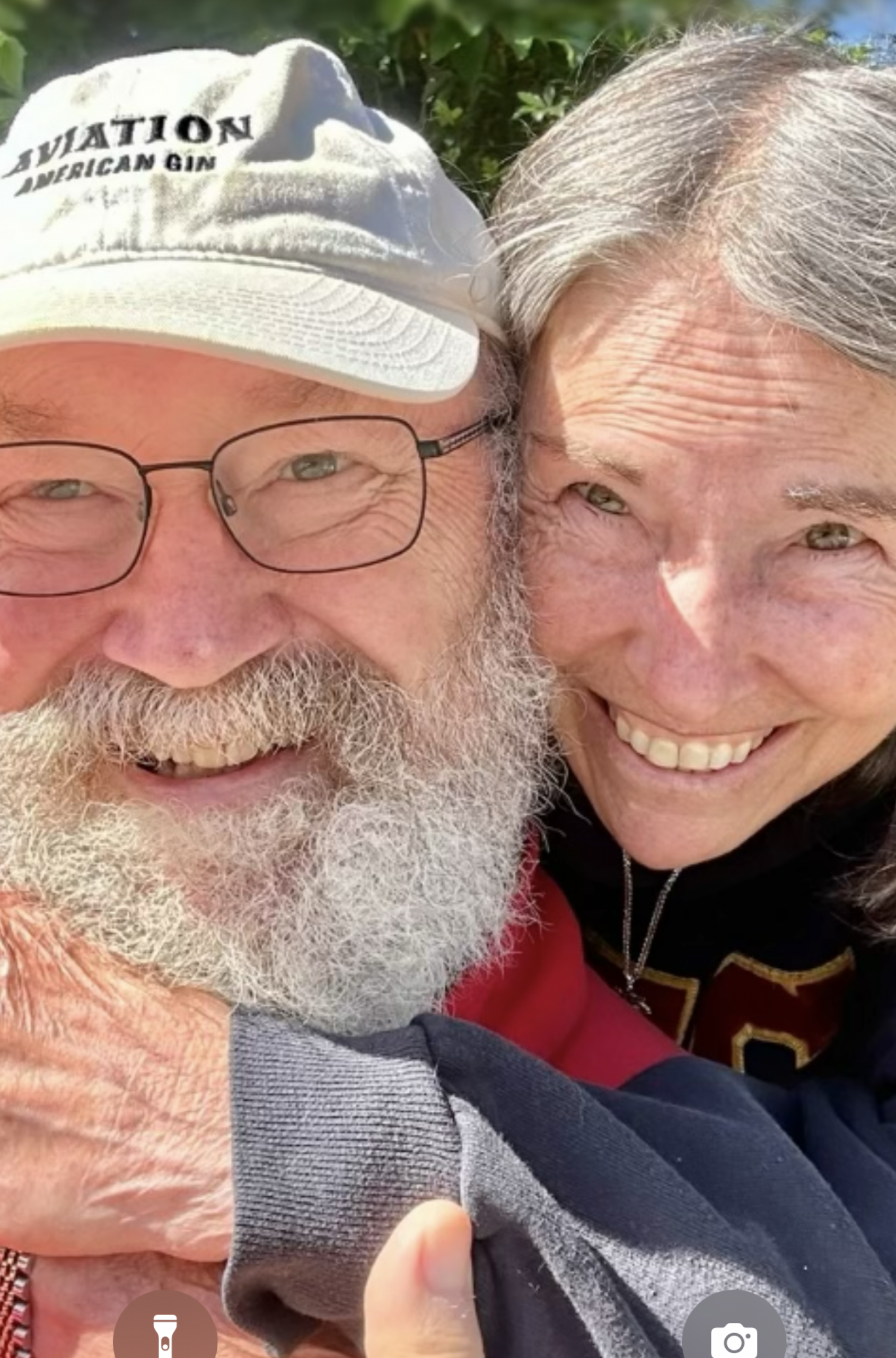I recieved this thoughtful email… I thought I would share it:
___________________________________
Subject: Muslims, terrorist and the USA. A different spin on Iraq war.This WAR is for REAL! Dr. Vernon Chong, Major General, USAF, Retired
Tuesday, July 12, 2005
To get out of a difficulty, one usually must go through it. Our country is now facing the most serious threat to its existence, as we know it, that we have faced in your lifetime and mine (which includes WWII).The deadly seriousness is greatly compounded by the fact that there are very few of us who think we can possibly lose this war and even fewer who realize what losing really means.
First, let’s examine a few basics:
1. When did the threat to us start?
Many will say September 11, 2001. The answer as far as the United States is concerned is 1979, 22 years prior to September 2001, with the following attacks on us:
* Iran Embassy Hostages, 1979;
* Beirut, Lebanon Embassy 1983;
* Beirut, Lebanon Marine Barracks 1983;
* Lockerbie, Scotland Pan-Am flight to New York 1988;
* First New York World Trade Center attack 1993;
* Dhahran, Saudi Arabia Khobar Towers Military complex 1996;
* Nairobi, Kenya US Embassy 1998;
* Dares Salaam, Tanzania US Embassy 1998;
* Aden, Yemen USS Cole 2000;
* New York World Trade Center 2001;
* Pentagon 2001.
(Note that during the period from 1981 to 2001 there were 7,581 terrorist attacks worldwide).
2. Why were we attacked?
Envy of our position, our success, and our freedoms. The attacks happened during the administrations of Presidents Carter, Reagan, Bush 1, Clinton and Bush 2. We cannot fault either the Republicans or Democrats as there were no provocations by any of the presidents or their immediate predecessors, Presidents Ford or Carter.
3. Who were the attackers?
In each case, the attacks on the US were carried out by Muslims.
4. What is the Muslim population of the World? 25%.
5. Isn’t the Muslim Religion peaceful?
Hopefully, but that is really not material. There is no doubt that the predominately Christian population of Germany was peaceful, but under the dictatorial leadership of Hitler (who was also Christian), that made no difference. You either went along with the administration or you were eliminated. There were 5 to 6 million Christians killed by the Nazis for political reasons (including 7,000 Polish priests). (see http://www.nazis.testimony.co.uk/7-a.htm )
Continue reading “Muslims, terrorists and the U.S.A. A different spin on the Iraq War”

 A 14th-century Byzantine emperor,
A 14th-century Byzantine emperor,